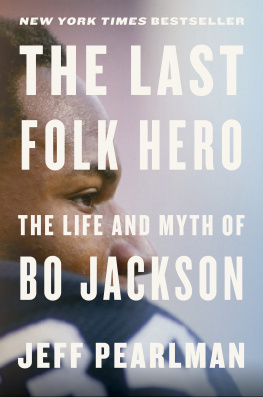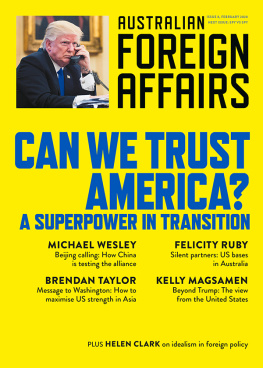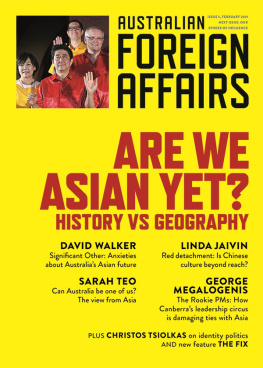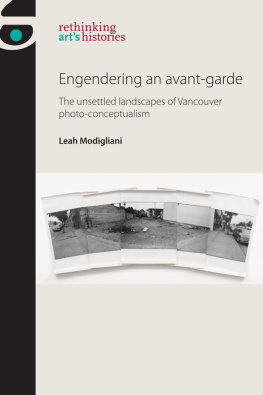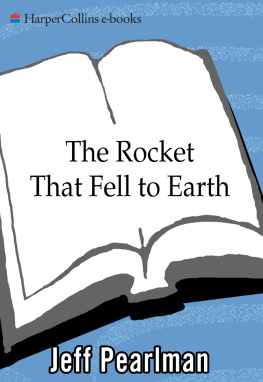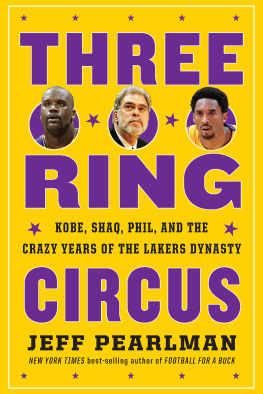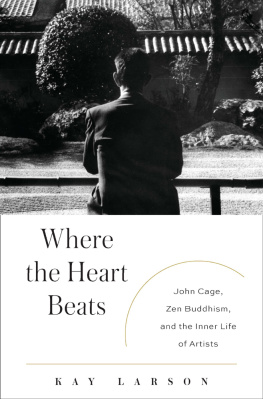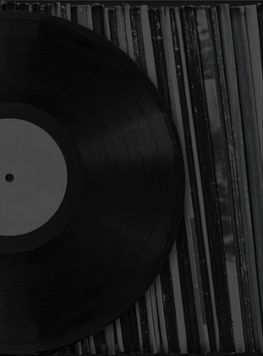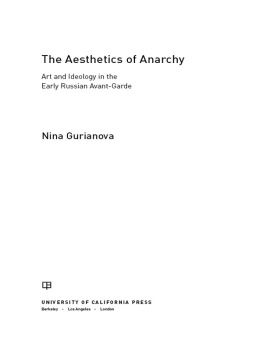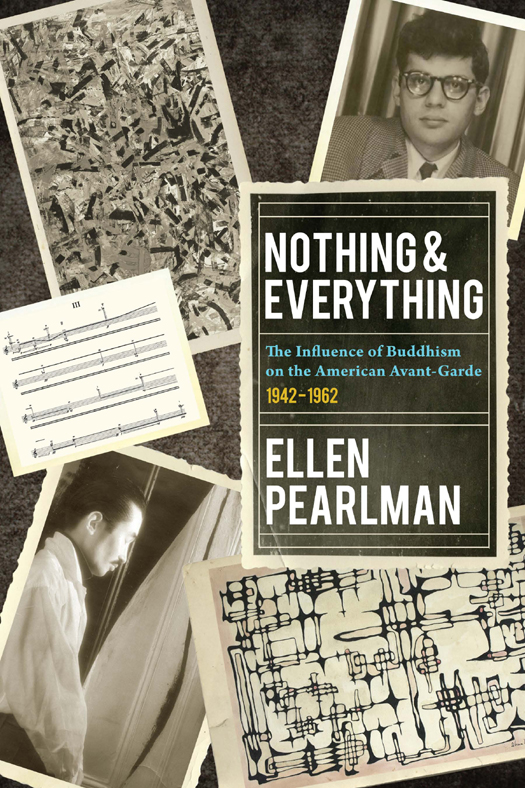
Zen thinking permeates Western arts: the mid-century pivot to Eastern influence is a truism of previous generations, but curiously absent from contemporary mastications of history. Ellen Pearlman gets it all right: Nothing and Everything is the perfectly balanced lessonart, and change, and friendship.
John Reed, novelist, book editor of The Brooklyn Rail
The avant-garde is not ahead of its time; it is in it. Ellen Pearlmans book about the ripple effect Buddhism had in American contemporary art is a time capsule filled with treasures.
Michael Goldberg, director of the D. T. Suzuki Documentary Project
Ellen Pearlman reveals an amazing truth about the American avantgarde: that much of its freshness comes from ancient Zen philosophy and meditation! Nowhere else is this important story told so clearly.
David Rothenberg, author of Survival of the Beautiful and Blue Cliff Record: Zen Echoes
When D. T. Suzuki began to teach Buddhist Philosophy 101 at Columbia University in 1952, his class was like honey to bears among New York artists and poets, who had never met an authentic Zen Buddhist. Unknowingly, Suzuki was an important influence on the development of abstract expressionism and Beat-generation poetry. Nothing and Everything tells the story of how the seed of Zen was planted in rich, creative American soil.
Denise Lassaw, daughter of sculptor Ibram Lassaw
Ellen Pearlman vividly captures the feeling of spontaneity and freedom with which the American avant-garde sought mu and experienced suchness.
Laura Hoffmann, Artforum magazine
Like fresh footprints after a newly fallen snow, Zen and Buddhism left mindful and distinct imprints upon the postWorld War II avant-garde cultural scene in New York City. Nothing and Everything leads the reader through an odyssey of social and cultural upheavals in this post-war time and the artistic responses that burst into creative expression in art, music, dance, literature, and media. Through extensive research and interview, Ellen Pearlman explores the influence of Buddhism upon the creative milieu and how it altered the course of imaginative interpretations in the new reality of mental awakenings. An insightful read and an invitation for continued scholarship where the arts and Buddhist philosophy interweave.
Cathy Ziengs, Buddhist Door International
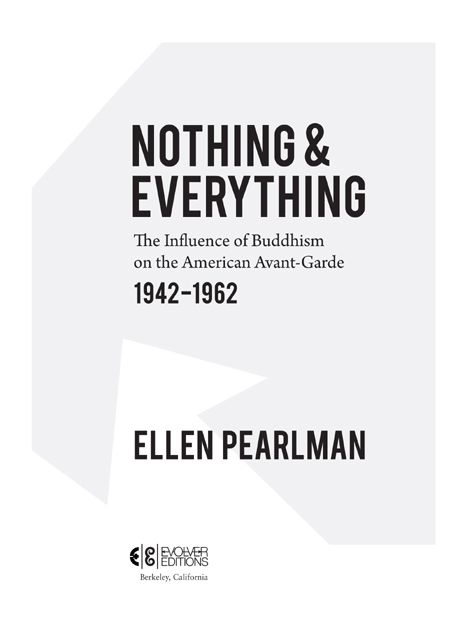
Copyright 2012 by Ellen Pearlman. All rights reserved. No portion of this book, except for brief review, may be reproduced, stored in a retrieval system, or transmitted in any form or by any meanselectronic, mechanical, photocopying, recording, or otherwisewithout written permission of the publisher. For information contact EVOLVER EDITIONS c/o North Atlantic Books.
Published by EVOLVER EDITIONS, an imprint of North Atlantic Books
P.O. Box 12327
Berkeley, California 94712
Ibram Lassaw, Pencil on Paper, 1949. Permission to reprint from Denise Lassaw. Michio Yoishihara, Gutai, 1955. Naaomi Yoshihara. Courtesy of the Ashiya
City Museum of Art and History.
John Cage, Freeman Etudes; Copyright 1981 by Henmar Press, Inc. Used by
permission of C. F. Peters Corporation. All Rights Reserved.
Allen Ginsberg circa. 1948. Allen Ginsberg Estate; reprinted with permission.
Daizo Yamaguma, 1988. Ellen Pearlman.
Art direction and cover design by michaelrobinsonnyc.com
Nothing and EverythingThe Influence of Buddhism on the American Avant-Garde: 19421962 is sponsored by the Society for the Study of Native Arts and Sciences, a nonprofit educational corporation whose goals are to develop an educational and cross-cultural perspective linking various scientific, social, and artistic fields; to nurture a holistic view of arts, sciences, humanities, and healing; and to publish and distribute literature on the relationship of mind, body, and nature.
North Atlantic Books publications are available through most bookstores. For further information, call 800-733-3000 or visit our website at www.northatlanticbooks.com.
Library of Congress Cataloging-in-Publication Data
Pearlman, Ellen, 1952
Nothing and everything : the influence of Buddhism on the American avant-garde, 19421962 / Ellen Pearlman.
p. cm.
Includes bibliographical references.
eISBN: 978-1-58394-379-3
1. Buddhism and the artsNew York (State)New York. 2. Avant-garde (Aesthetics)New York (State)New YorkHistory20th century. 3. New York (N.Y.)Intellectual life20th century. I. Title. II. Title: Influence of Buddhism on the American avant-garde, 19421962.
BQ4570.A72P45 2012
700.411dc23
2011024383
v3.1
Contents
INTRODUCTION
Modern art, to me, is nothing more than the expression of the contemporary aims of the age we are living in All cultures have had means and techniques of expressing their immediate aims Today painters dont have to go to subject matter outside of themselves they work from a different source. They work from within. It seems to me the modern artist cannot express this age, the airplane, the atom bomb, the radio in the old forms of the Renaissance or any past culture I paint on the floor. That is not unusual. The Orientals did that.
J ACKSON P OLLOCK
Nothing and Everything is about the relationship of Eastern thought, particularly Buddhism, to the arts in post-war New York City. In a relatively brief period of timefrom the early 1940s to the early 1960sa handful of individuals brought about major changes in music, performance, dance, theater, installation, video, mixed media, painting, and sculpture, as the evolution from modernism to postmodernism broke down the idea of art as a practice devoted to a particular medium. The worldor life itselfbecame a legitimate artists tool, aligning with Zen Buddhisms emphasis on enlightenment occurring at any moment.
Buddhism originated in India, then migrated to China and Japan. The Japanese form of Buddhism, supplemented by more esoteric Tibetan Buddhism, influenced many in the New York avant-garde during the 1950s. Few artists had the resources or access to journey eastward, and were initially exposed to Buddhism either through the books and classes of Dr. D. T. Suzuki, the famed Japanese scholar and translator, or through sharing knowledge with one another. Simultaneously, parallel movements were occurring in post-war Japan: the artist groups Gutai, Hi Red Center, Group Ongaku, and others were also dealing with the breaking down of artistic boundaries. Though their philosophical basis started at different ends of the spectrum, within just a few years these groups became aware of each another and even collaborated.
This book begins by examining the life of D. T. Suzuki and explores the content of the groundbreaking classes he taught to the public in the mid-1950s at Columbia University. shifts to the life of Suzukis most famous student, the music composer John Cage, and traces how Buddhism helped formulate aspects of his oeuvre. After studying with Suzuki, Cage taught a course in experimental composition at the New School for Social Research. From that class sprouted the art movement Fluxus and the birth of event scores and happenings. Participants from Fluxus and other groups mixed with the artistic ferment occurring at the Judson Church in Washington Square as well as in dance, performance, and theater, and interacted with different Japanese groups.


